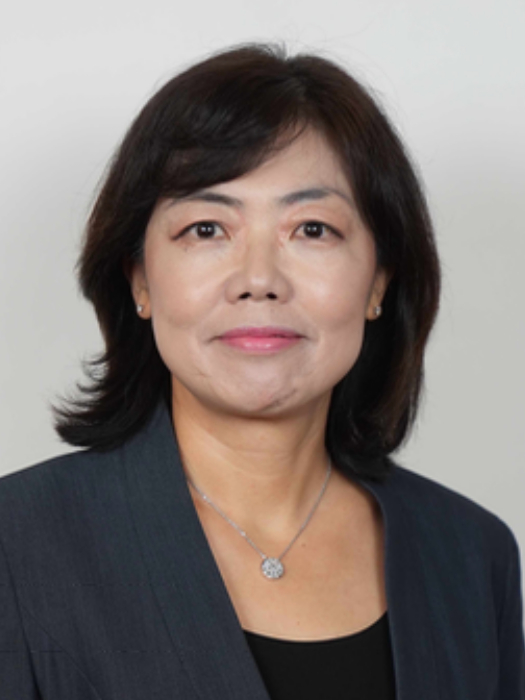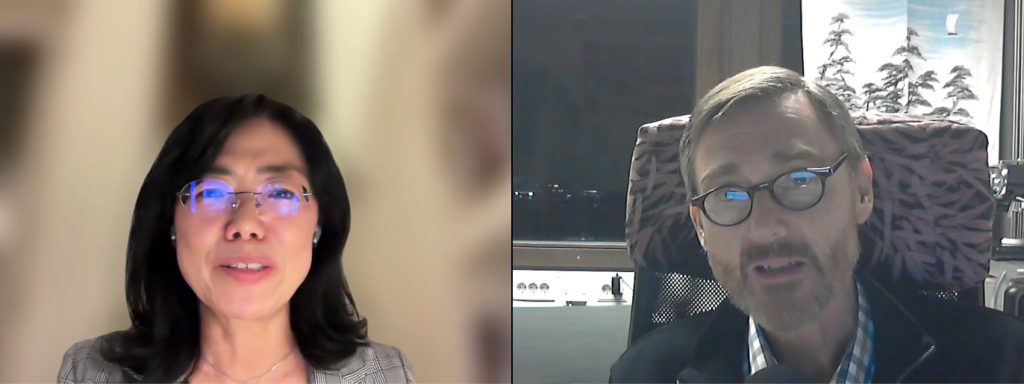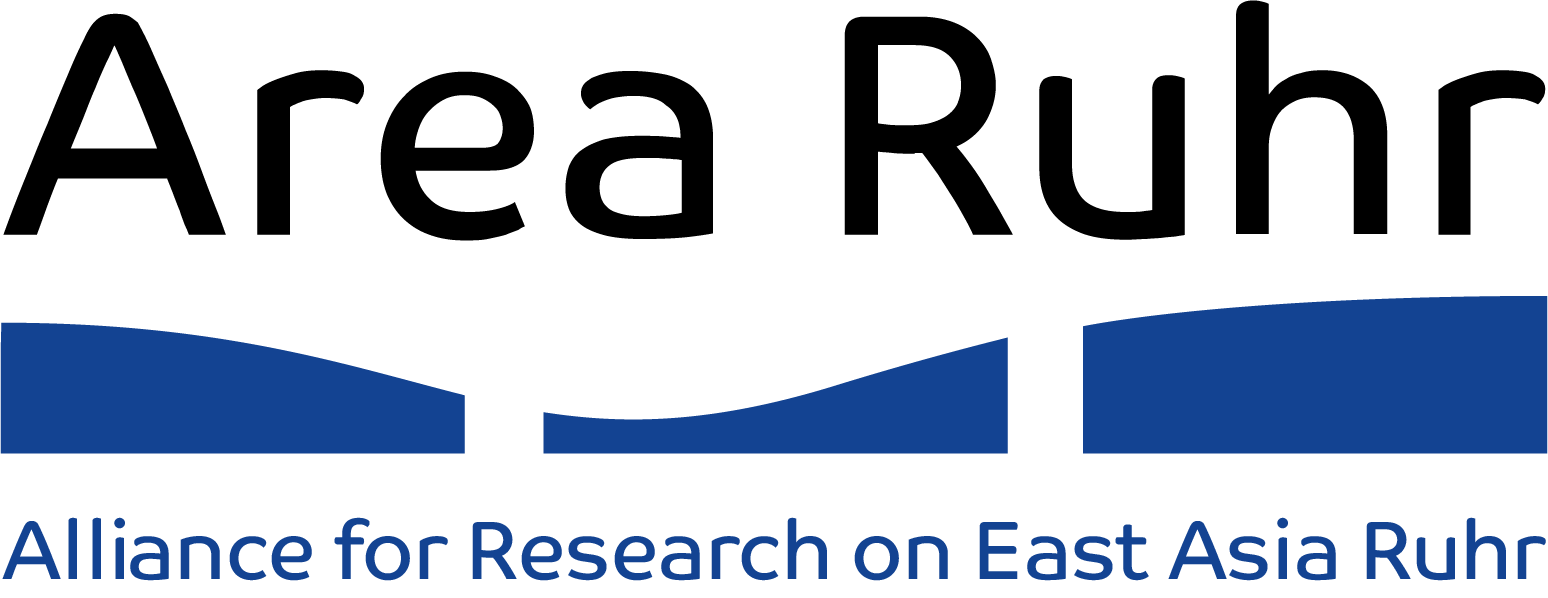
In the AREA Ruhr Book Talk Series, experts from AREA Ruhr are looking forward to meeting up with authors of newly released academic books that deal with East Asia from a wide variety of disciplinary perspectives. At AREA Ruhr, we are curious about getting insights into recently published research results and discussing the “research journey” that authors have been engaged in.
All events are conducted online via Zoom and are open to be joined after registration. Following the exchange between the invited author and an AREA host, the audience is encouraged to join the discussion.
The sixth episode of the AREA Ruhr Book Talks will be conducted in November 2025. Please find information on the event below.
25 November 2025, 5 PM CET
“Sustainable Development and Local Government in South Korea: The Politics of Eco-City Transition”
by Youngah Guahk (Luiss University, Italy)
Host: Axel Klein (AREA Ruhr)
Further information & registration

About the author
Dr. Youngah Guahk is a lecturer at Luiss University in Rome, Italy, and works on Korean affairs. A native speaker of Korean, she is a trained political scientist who received the title of Dr. rer. pol. (PhD) from the University of Duisburg-Essen in Germany. Over the past decade she has been teaching at various institutions in different countries and offered courses related to Korea and Korean politics, culture, and society to diverse groups of international students. Dr. Guahk is interested in and has published on political institutions in Korea, such as the Korean National Assembly, the role of local government, and on public and cultural diplomacy.
About the Book
Youngah Guahk’s book addresses one of the key issues of our time – the process of sustainable transition in modern, industrial societies – by looking at the dynamics associated with this objective at the local level in South Korea. In the context of ongoing urbanisation, the creation of eco-cities has been a crucial aspect in this regard, especially in East Asia, and Guahk’s book illuminates key aspects of the process of urban sustainable transition. Towards this aim, it investigates specific examples of Korean local governments embarking on the path towards a sustainable urban development and assesses their achievements. Making use of a range of sources and data collections methods, the book studies two diverse cases in great depth: the city of Suwon where disputes about the cost of economic development led to a reversal of public policy and the partial success in achieving sustainable transition, and the province of Jeju, where the concern to safeguard the natural heritage and the important tourism industry guided a long-term effort by local leaders to achieve international recognition. Comparing systematically the aims, strategies and decision-making processes in these two contexts illuminates the relative roles played by local leaders, central governments, civil society representatives and even international organisations. In this way, Guahk’s book contributes to our understanding of the challenges, driving forces and limitations with regard to sustainable transition at the local level, not only in South Korea, but also more generally.
Please register through the following link to receive access to the online Book Talk:
https://uni-due.zoom-x.de/meeting/register/03b-1hogRDSvY-sXx33VSg

